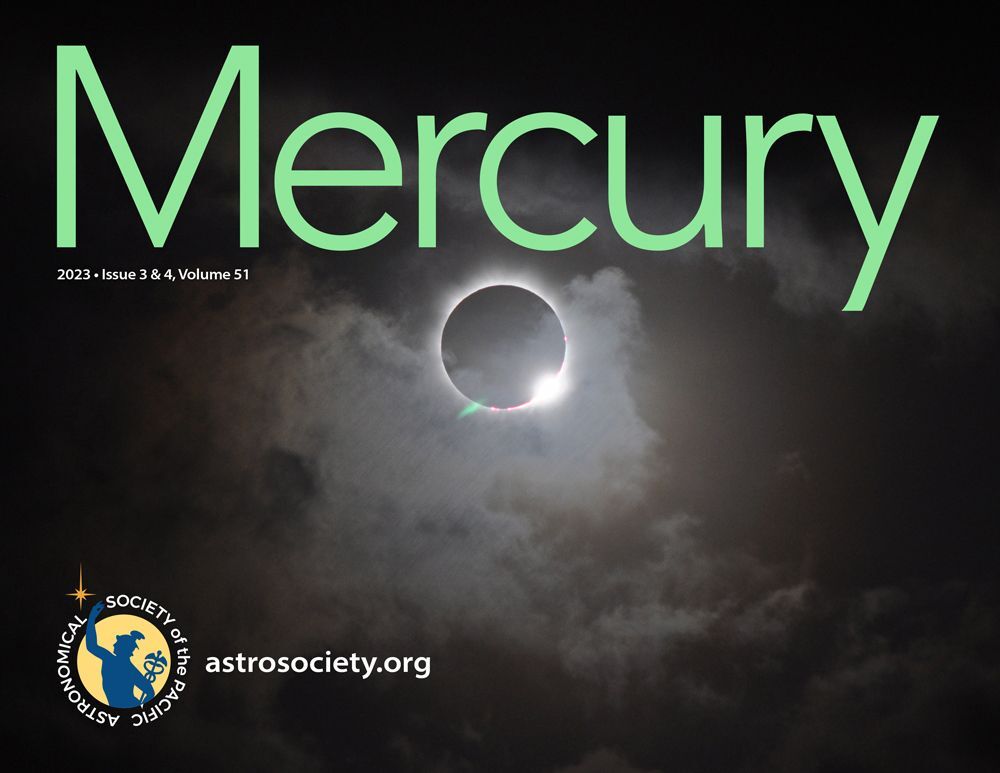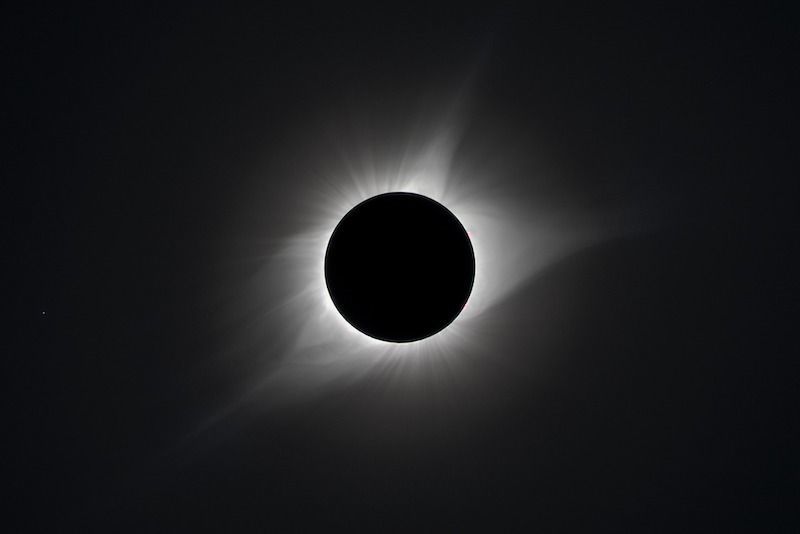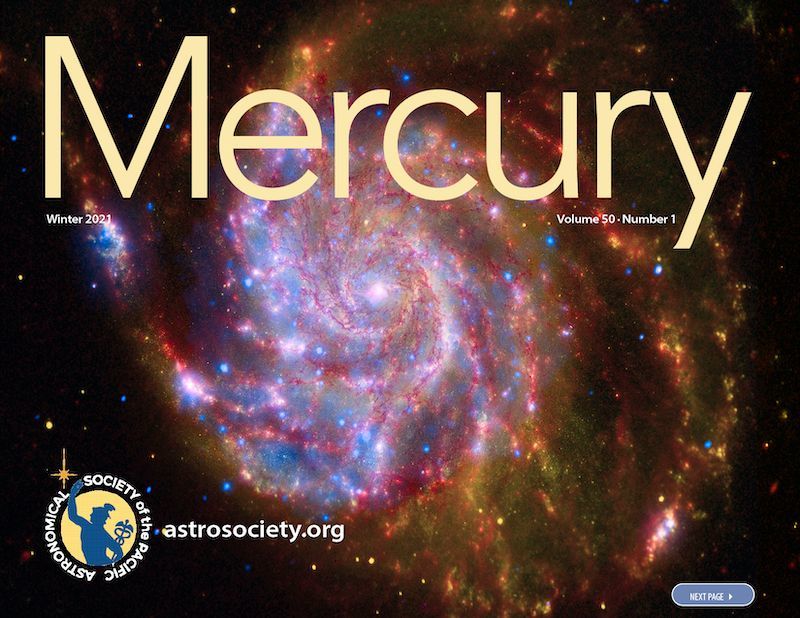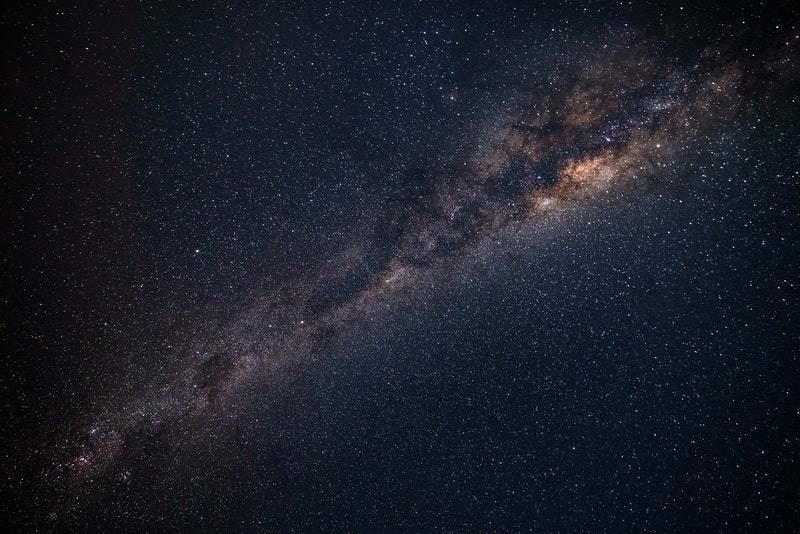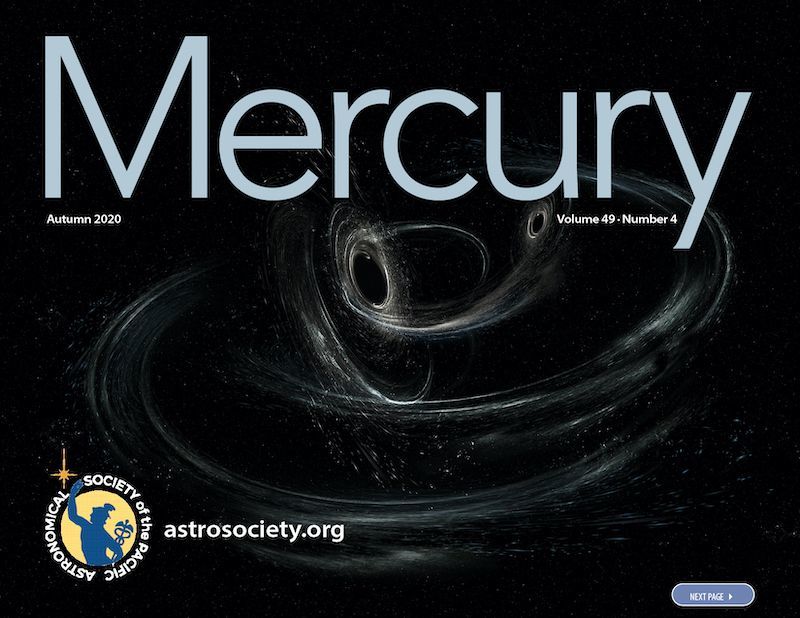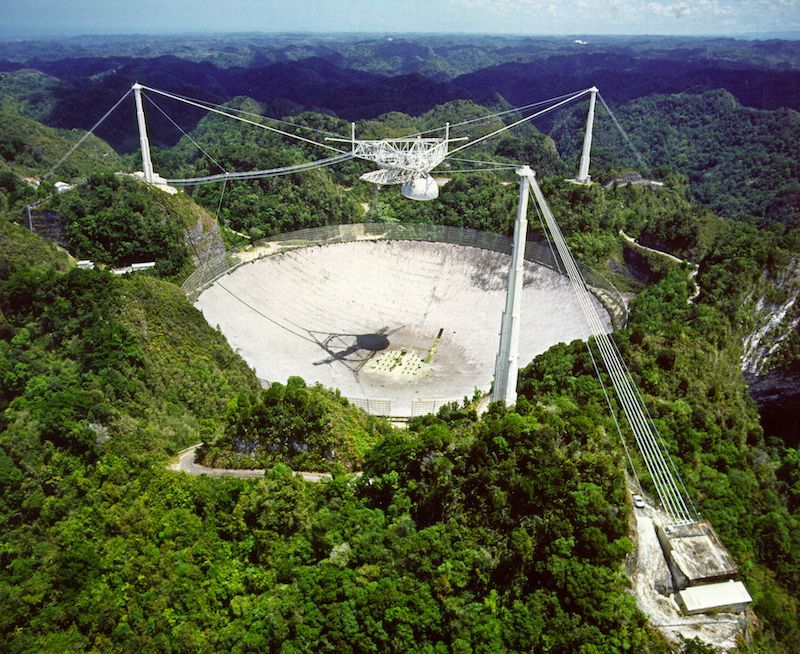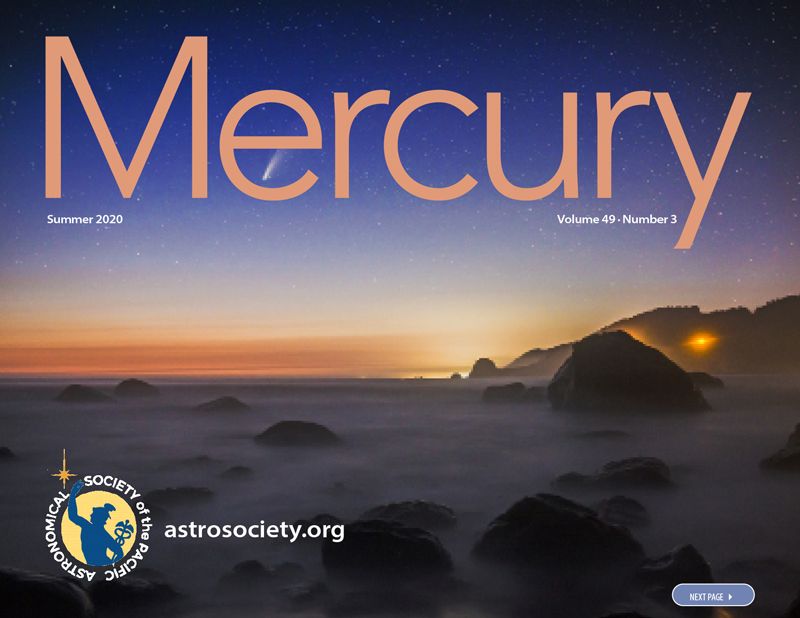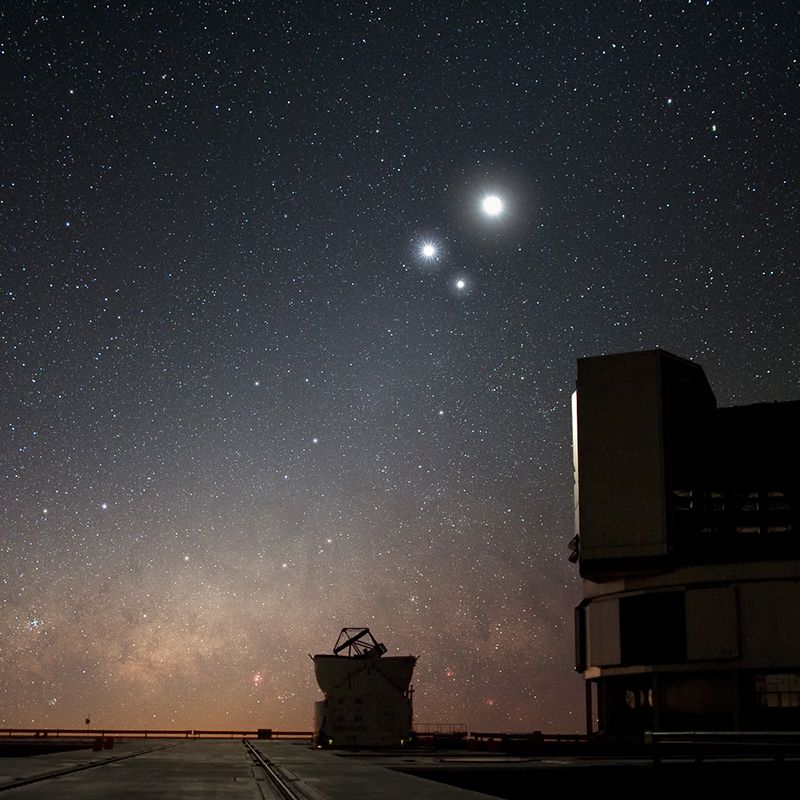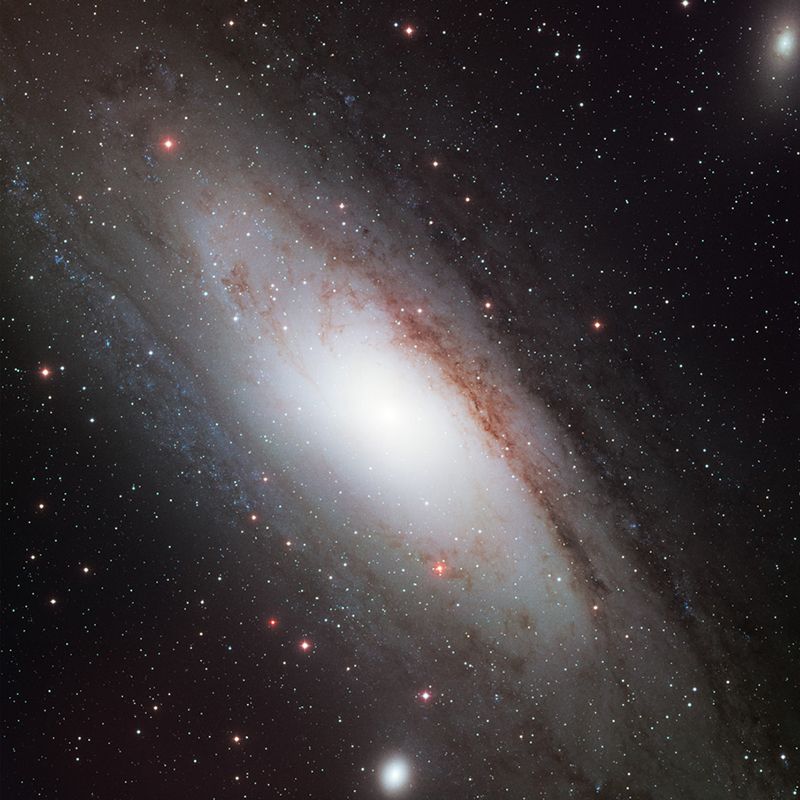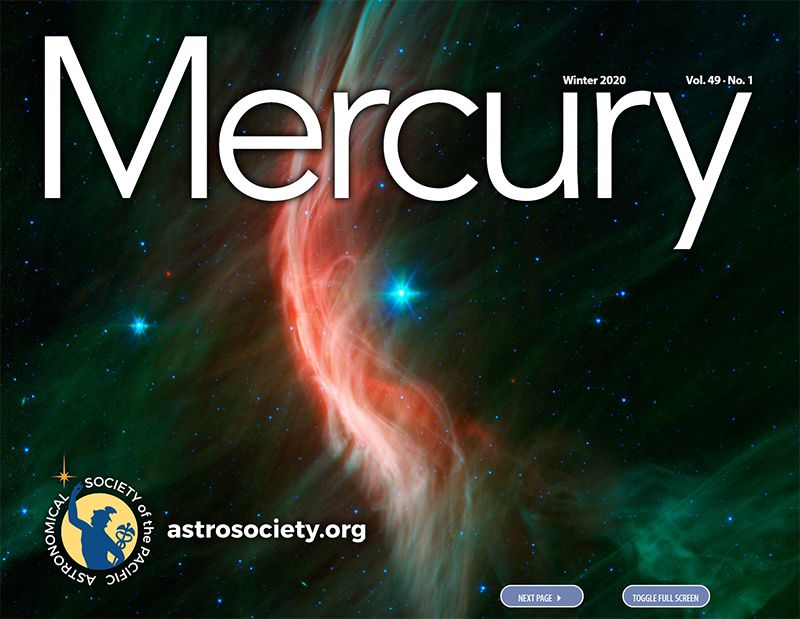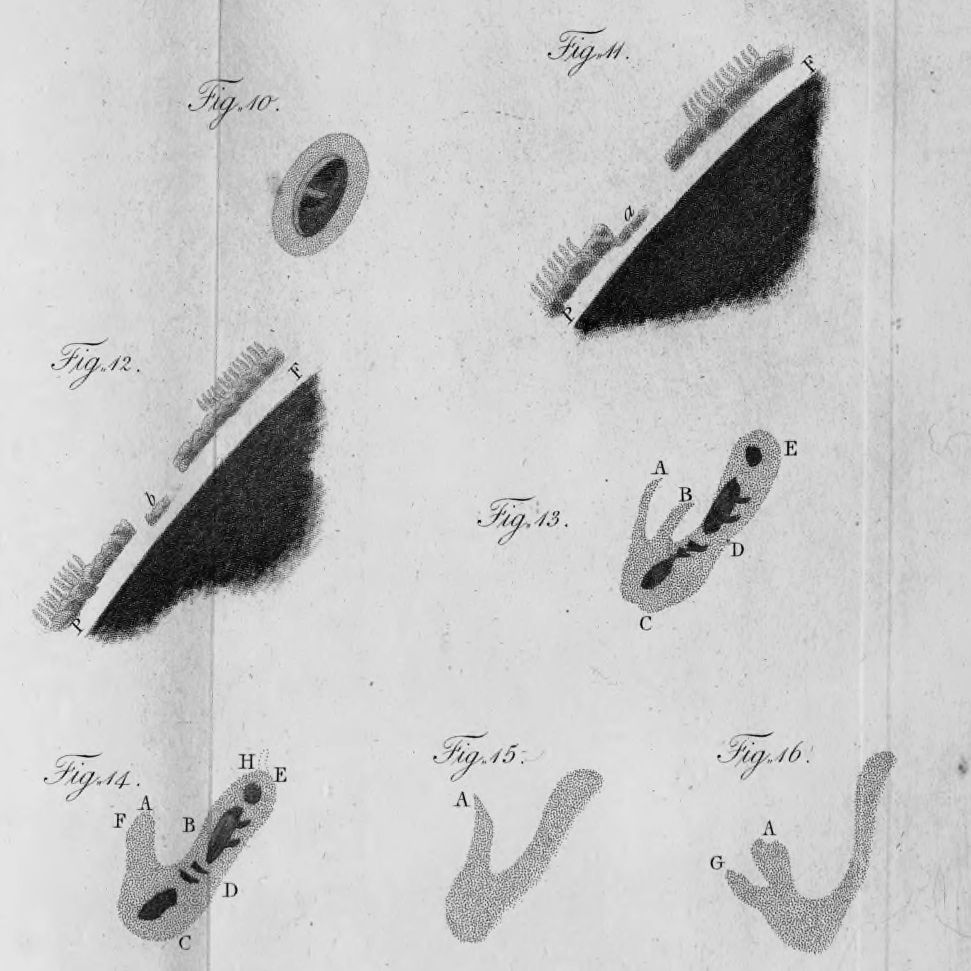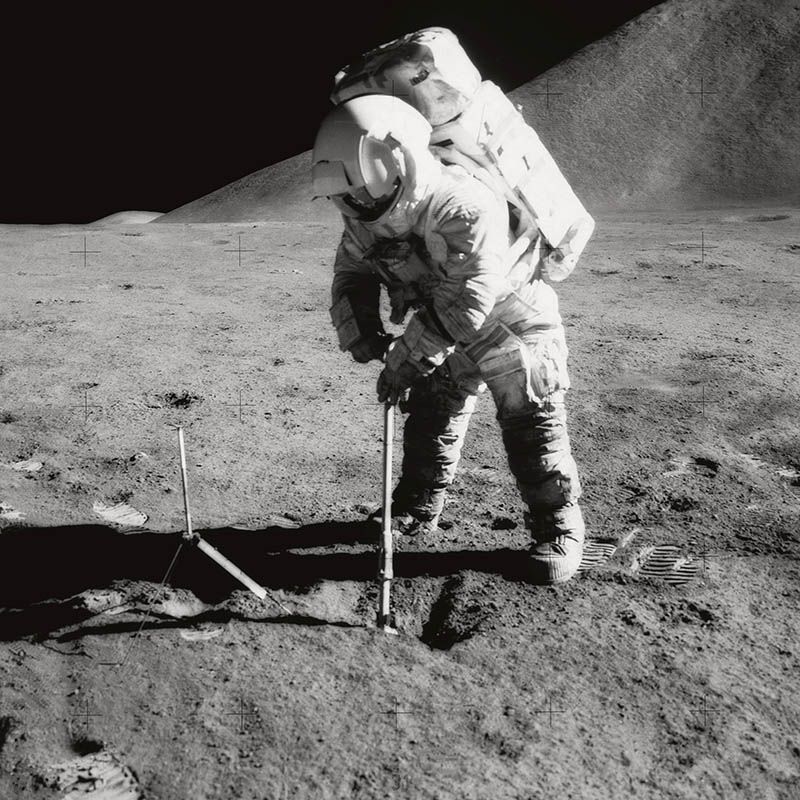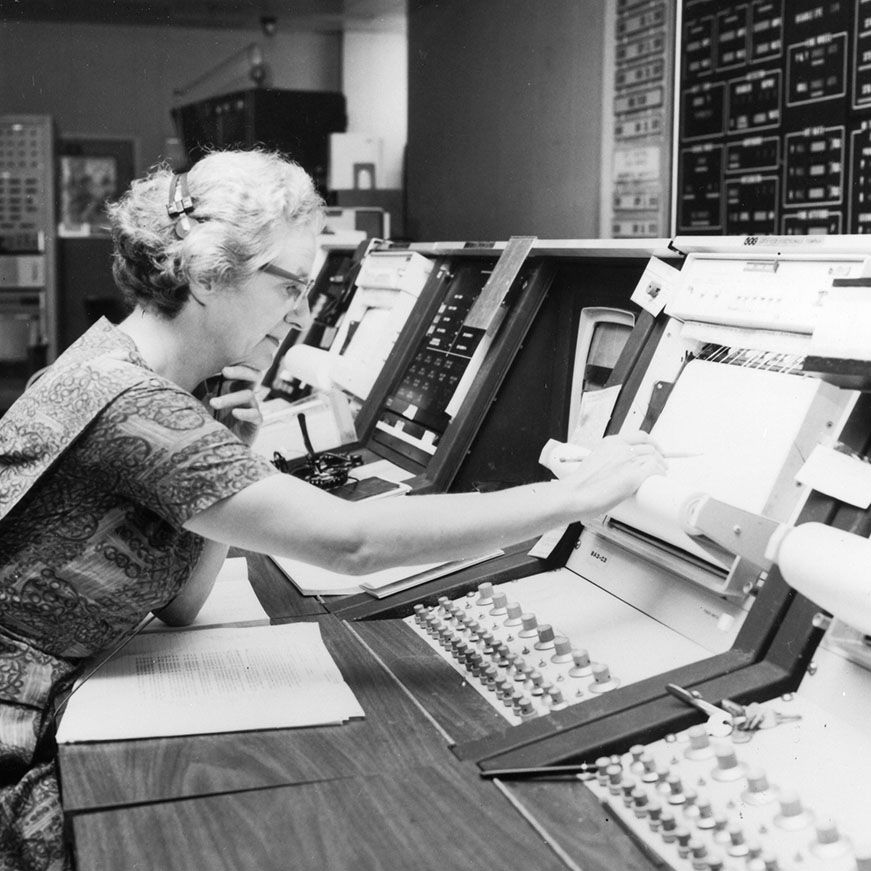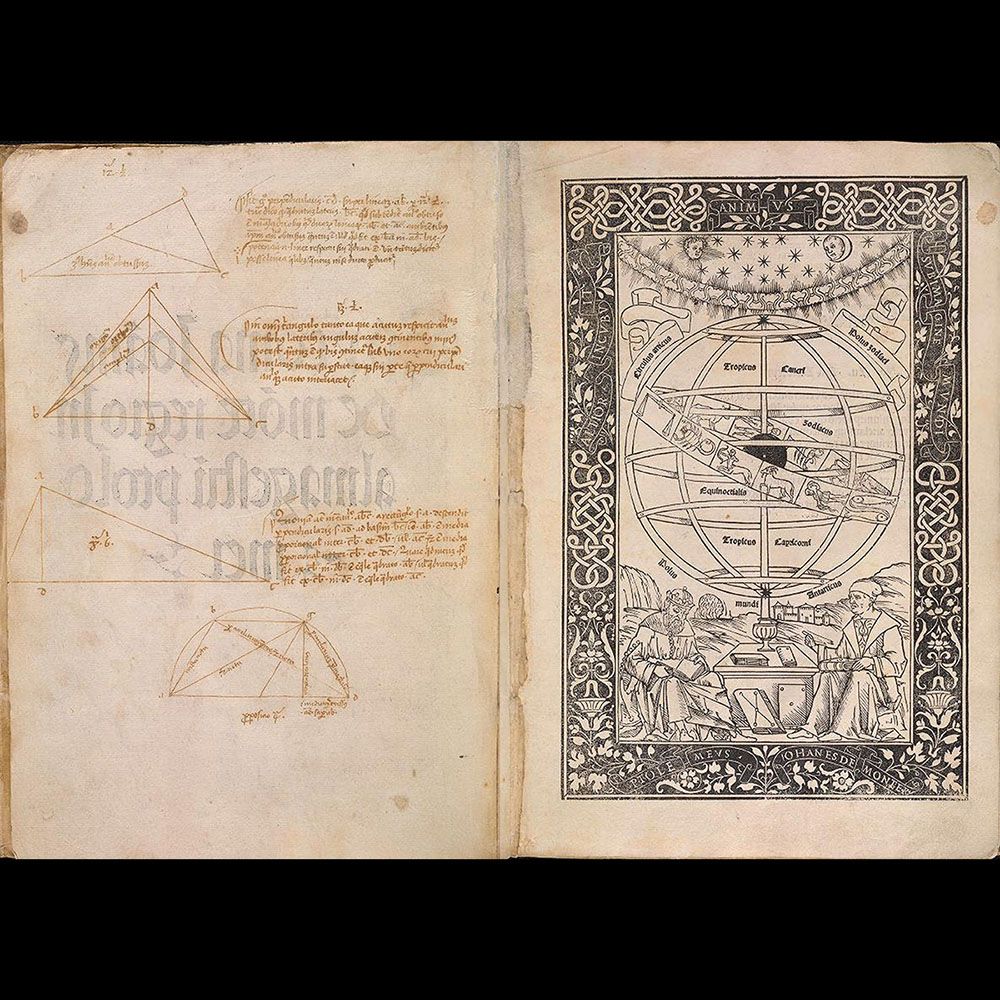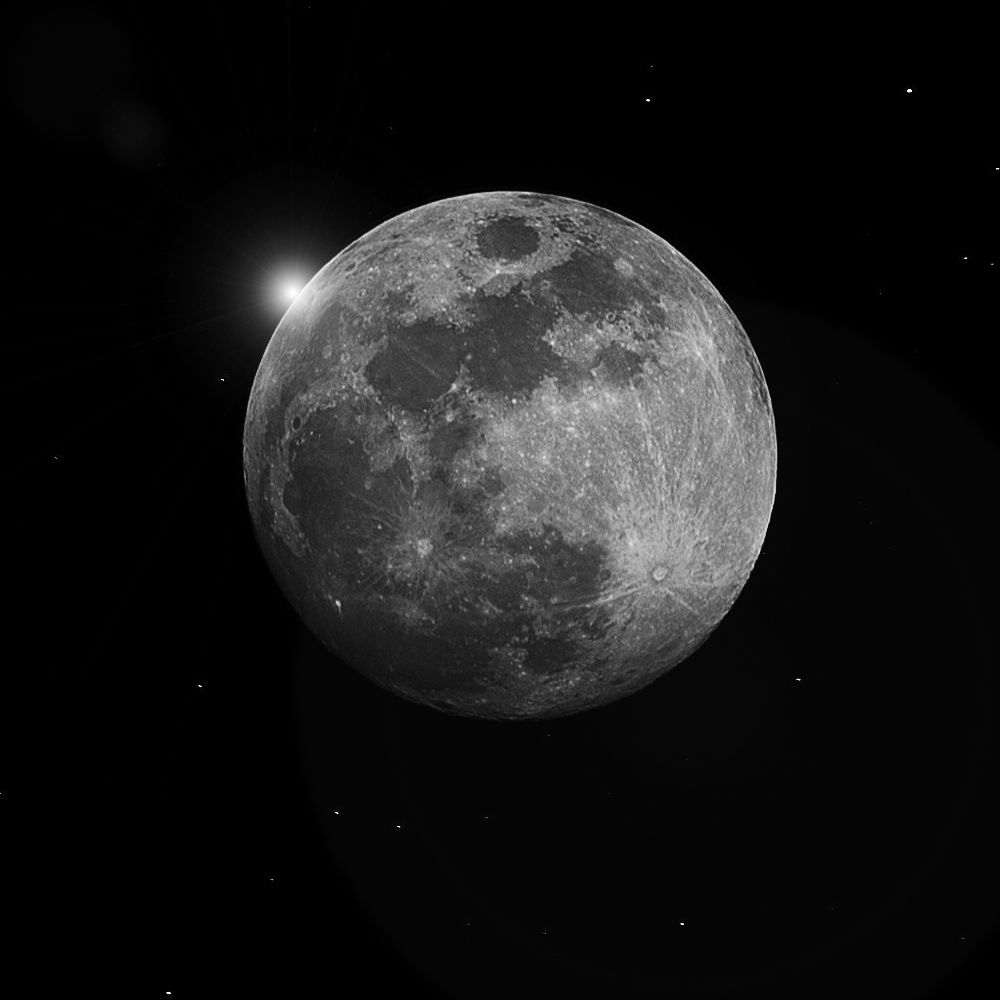History
The newest issue of Mercury (Vol. 51 no. 3+4) is available to members, and this double issue features recent spacecraft results, tips for hosting events relating to the upcoming solar eclipses, the intertwined history of amateur astronomy and professional astronomy, news about the long-sought star catalog from ancient observer Hipparchus, and more!
In this Medieval year, an emperor, a monk — and several ancient texts — hoped to understand solar eclipses.
The Winter 2021 issue of Mercury (Vol. 50 no. 1) is available to members, and this celebratory issue features 50 years of human space exploration, NASA's Great Observatories program to understand the universe, historical solar eclipses, and more!
Astronomy likely influenced the Scottish poet Robert Henryson.
The Autumn 2020 issue of Mercury (Vol. 49 no. 4) is available to members, featuring the first five years of gravitational-wave detections, future observatories designed to catch more of these ripples in space time, ancient Egyptian astronomy, and more!
The 1000-foot (305-meter) wide radio dish telescope at Arecibo Observatory in Puerto Rico will be dismantled and decommissioned.
The Summer 2020 issue of Mercury (Vol. 49 no. 3) is available to members, featuring discoveries from the Gaia spacecraft, news about the brightest Northern Hemisphere comet in decades, a poet's exploration of the Solar System, and more!
The medieval conjunction of Saturn and Jupiter was blamed for a plethora of events, including the greatest catastrophe to befall Europe.
Learn about Edwin Hubble, the namesake of the workhorse space telescope.
The Winter 2020 issue (vol. 49 no. 1) of Mercury magazine is online for ASP members, featuring a goodbye to Spitzer, kicking off a busy decade for Mars, and paying tribute to Katherine Johnson.
When thoughtful scientific examination sets the historic record straight.
Before we had high-resolution observations of the Sun, explanations for sunspots ranged from the ridiculous to the sublime.
Lunar rocks retain a million-year record of solar energetic particles and galactic cosmic rays.
Without her, the Hubble Space Telescope may not have gotten off the ground.
Computing celestial alignments may be routine today, but for medieval astronomers it was a major undertaking.
How the event helped a 14th Century astronomer reconnect with Ptolemy’s era.

